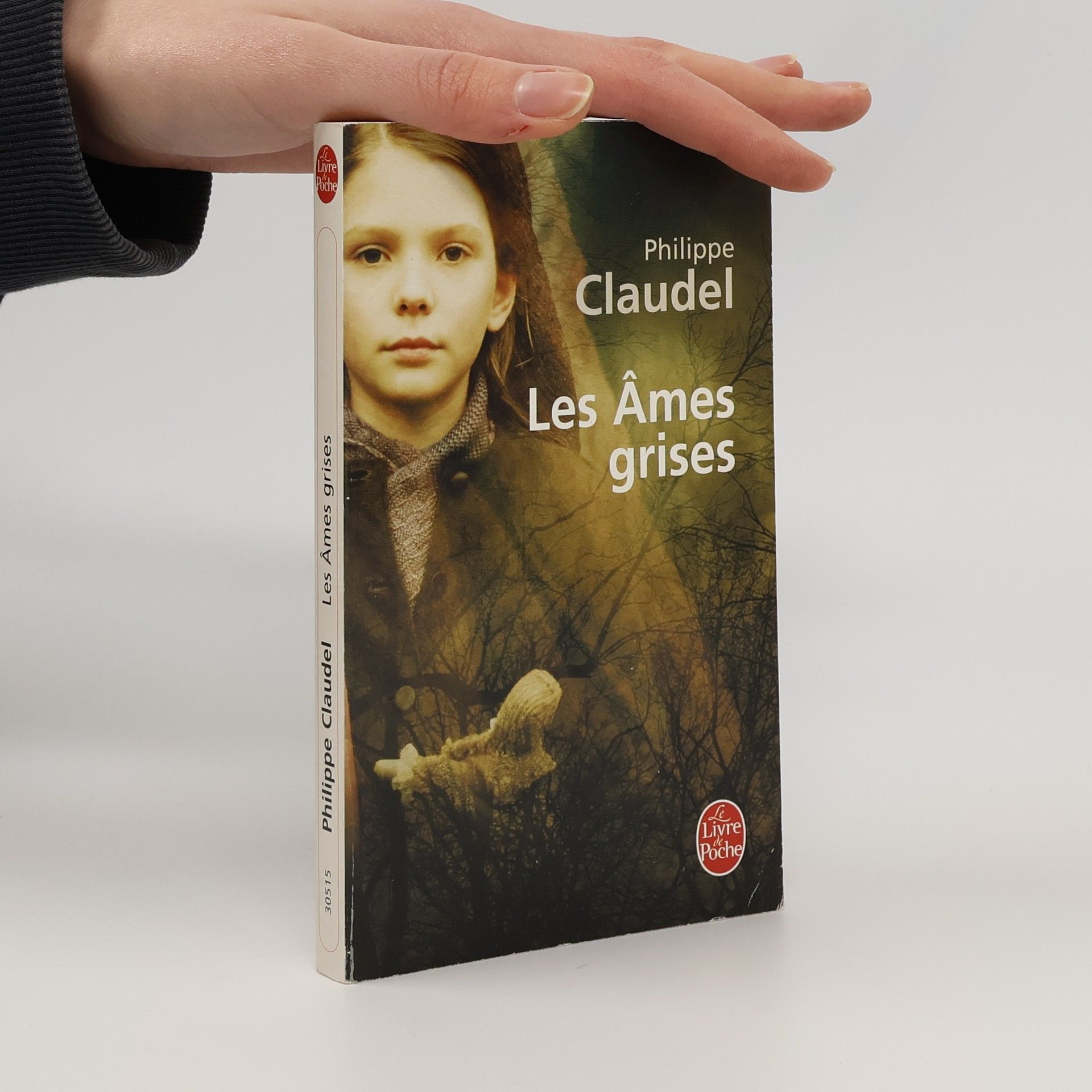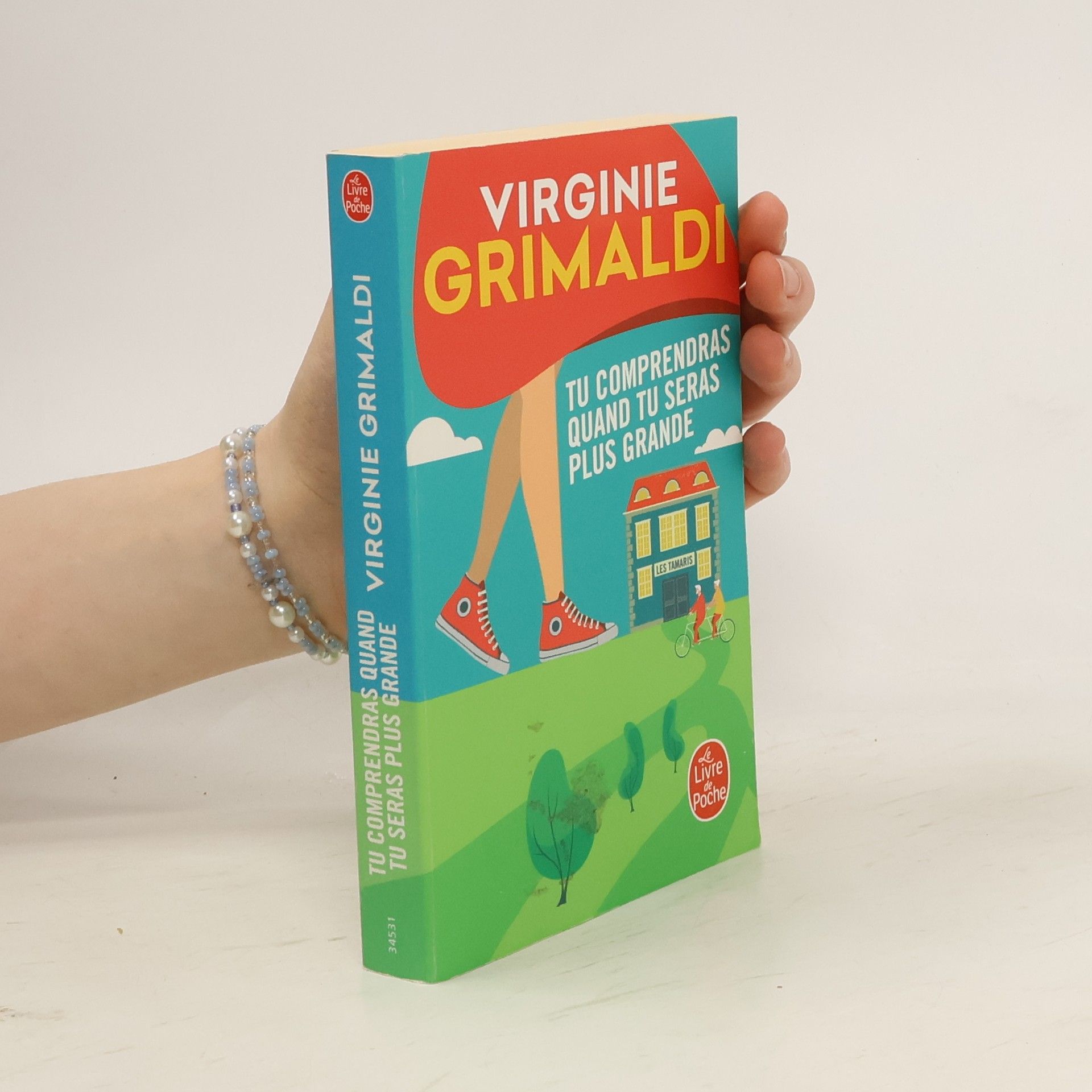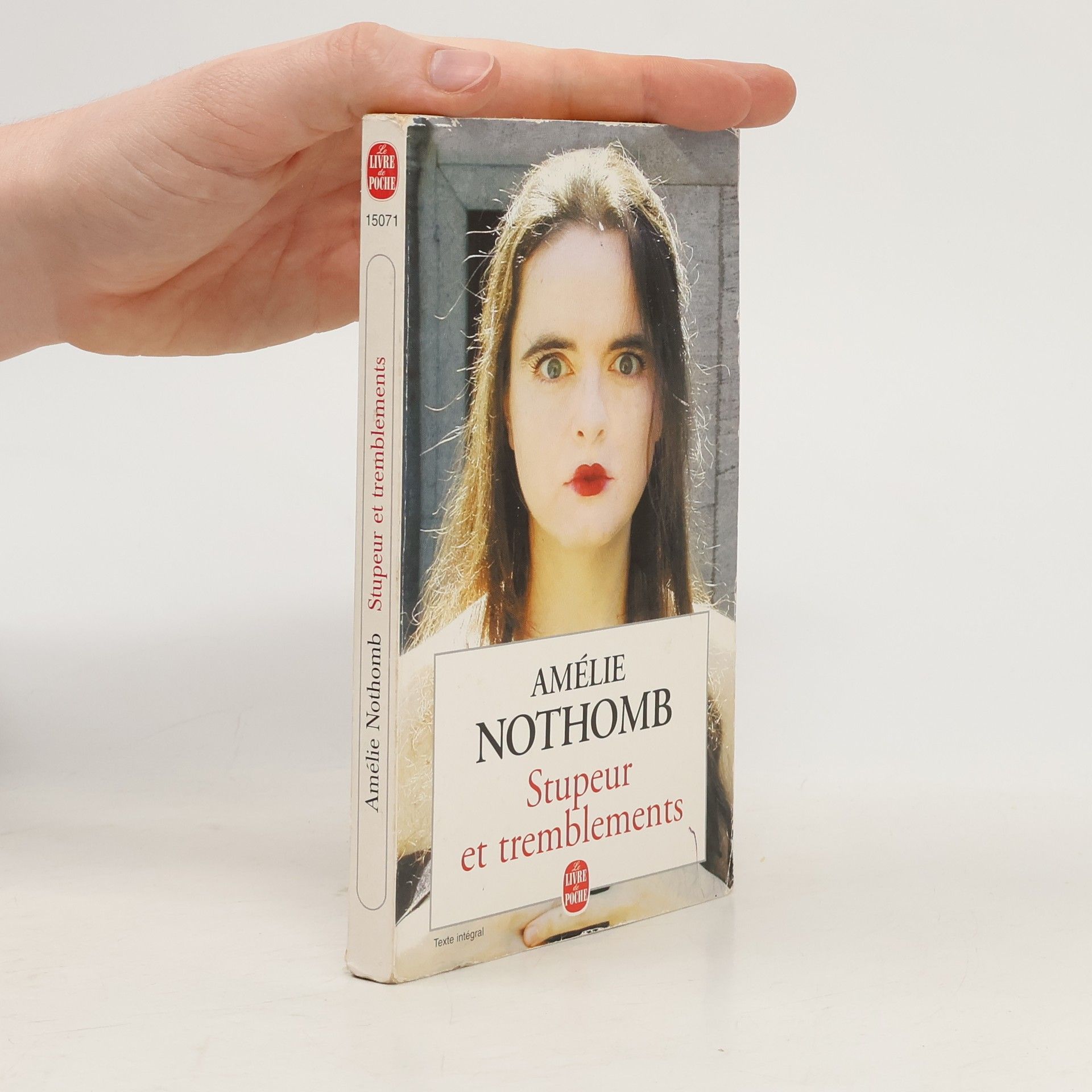Tu comprendras quand tu seras plus grande
- 480pages
- 17 heures de lecture
"Quand Julia débarque comme psychologue à la maison de retraite Les Tamaris, elle ne croit plus guère au bonheur. Une fois sur place, elle se souvient aussi qu'elle ne déborde pas d'affection pour les personnes âgées. Dire qu'elle a tout plaqué pour se sauver, dans tous les sens du terme. Mais au fil des jours, la jeune femme découvre que les pensionnaires ont des choses à lui apprendre. Son quotidien avec des papys farceurs, des mamies fantaisistes et des collègues au cœur brisé lui réserve des surprises qui pourraient bien l'aider à retrouver le sourire. Sans oublier Raphaël, le petit-fils d'une résidente, qui ne lui est pas indifférent... Une histoire de résilience, d'amour, d'amitiés, un livre plein d'humour et d'humanité, qui donne envie de savourer les petites joies de l'existence."




